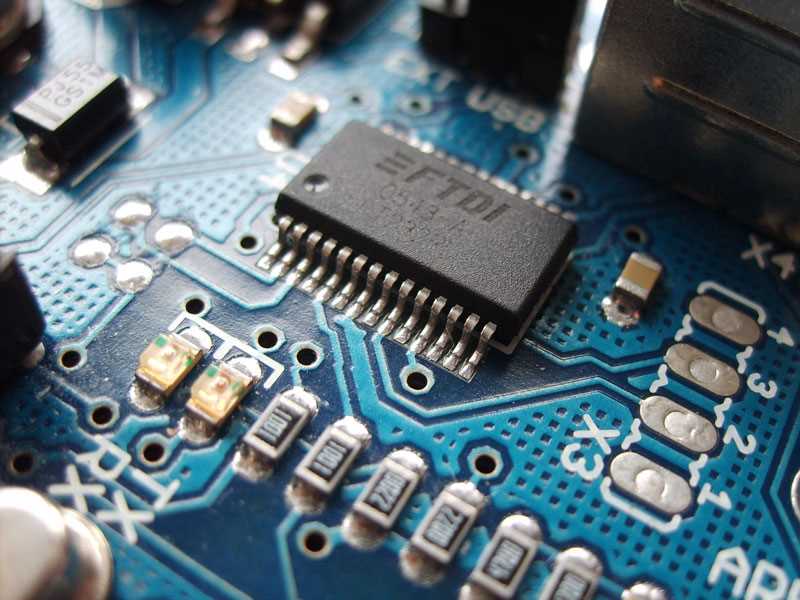Electronic engineering is defined as one of the branches of electrical engineering, which is interested in access to professional knowledge in the processing and understanding of electronics, and the impact of elements, systems and electronic equipment on these devices. It is also a wide field of engineering that includes a lot of sub-topics dealing with electronic elements, Electrical, electronic, communications, semiconductor design and all its equipment.
History of Electronic Engineering
Electronic engineering has emerged as a function due to technological developments in the telegraph, radio and television industry at the end of the 20th century and the beginning of the twentieth century. Electronic engineering was known by the name of radio engineering to limit the functions of radio and television. Revolutionized the electronic industry, but electronic engineering was not separated from electrical engineering until 1960. Those who wanted to work in electronic engineering should study electrical engineering because it is the closest science to electronic engineering.
Applications of electronic engineering
The electronic engineering specialist has a wide functional market. Electronics engineering is important and necessary for many industries and services. The tasks of electronic engineers are as follows:
Measurements, control and maintenance in oil and gas fields.
Power plants and their command centers.
Radio and television stations, in engineering and sound processing departments, and design of studio, transceiver and receiver equipment.
Traditional telecom operators and mobile phones.
Medical centers and hospitals, in the processing of electronic fields of communication and medical equipment for patient monitoring.
Military and civilian areas.
Companies design, development and maintenance of computer.
Career Opportunities and Study Options
If you are one of those people who are passionate about making a change in the engineering field and finding practical solutions to technical problems, then electronic engineering is the field of study that deals with these matters. Behind every invention in the modern era such as television, radio, computer or various communication devices, Hard to accomplish those devices. Electronics engineers also contribute to improving the national economy by finding scientific and practical solutions in various industrial fields to increase productivity. Even non-technical fields such as health care have become dependent on electronic devices in their work, and in many other areas electronics have become a key factor in their work.
The field of electronic engineering is a field of constant change, and students of electronic engineering with creative and innovative minds with high results in physics and mathematics can excel in working as electronic engineers in the future. Electronics engineers work as a team, and their work involves designing, working and testing the various electronic devices until they exit in the form that is common to the user.
You can work in airlines, atomic power companies, telecommunications companies, electrical equipment factories, etc. You can work independently and start your own business.
University Courses for Electronic Engineering
Courses taught by the student of electronic engineering vary between electrical engineering and mechanical engineering, as well as the basics of electronic engineering. The course content includes the following:
Electronic equipment and systems.
Conductors and semiconductors.
Electrical circuits.
Mechatronics, which include mechanical engineering and electronic engineering.
Transistors.
Measurement, control, monitoring and alarm systems.
Automatic control and communication.
Turkey's distinguished universities in the field of electronic engineering
University of Sabanga
